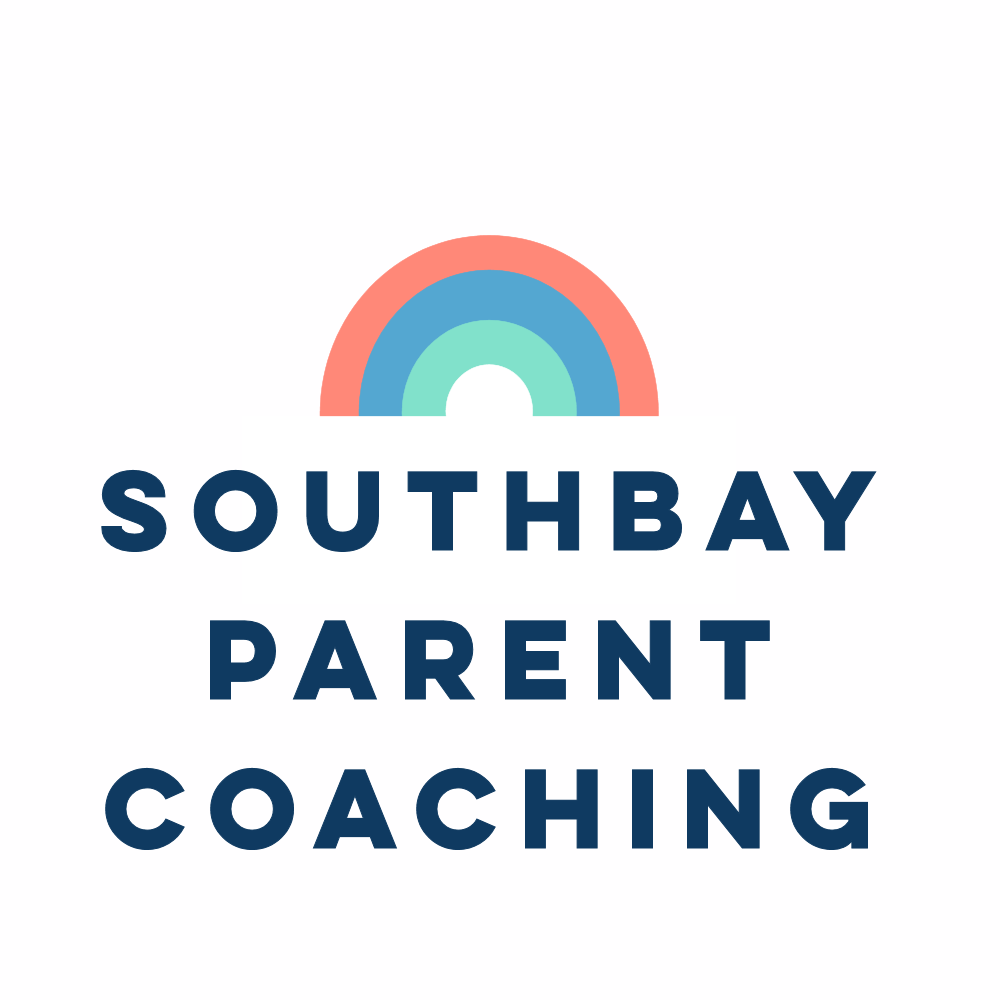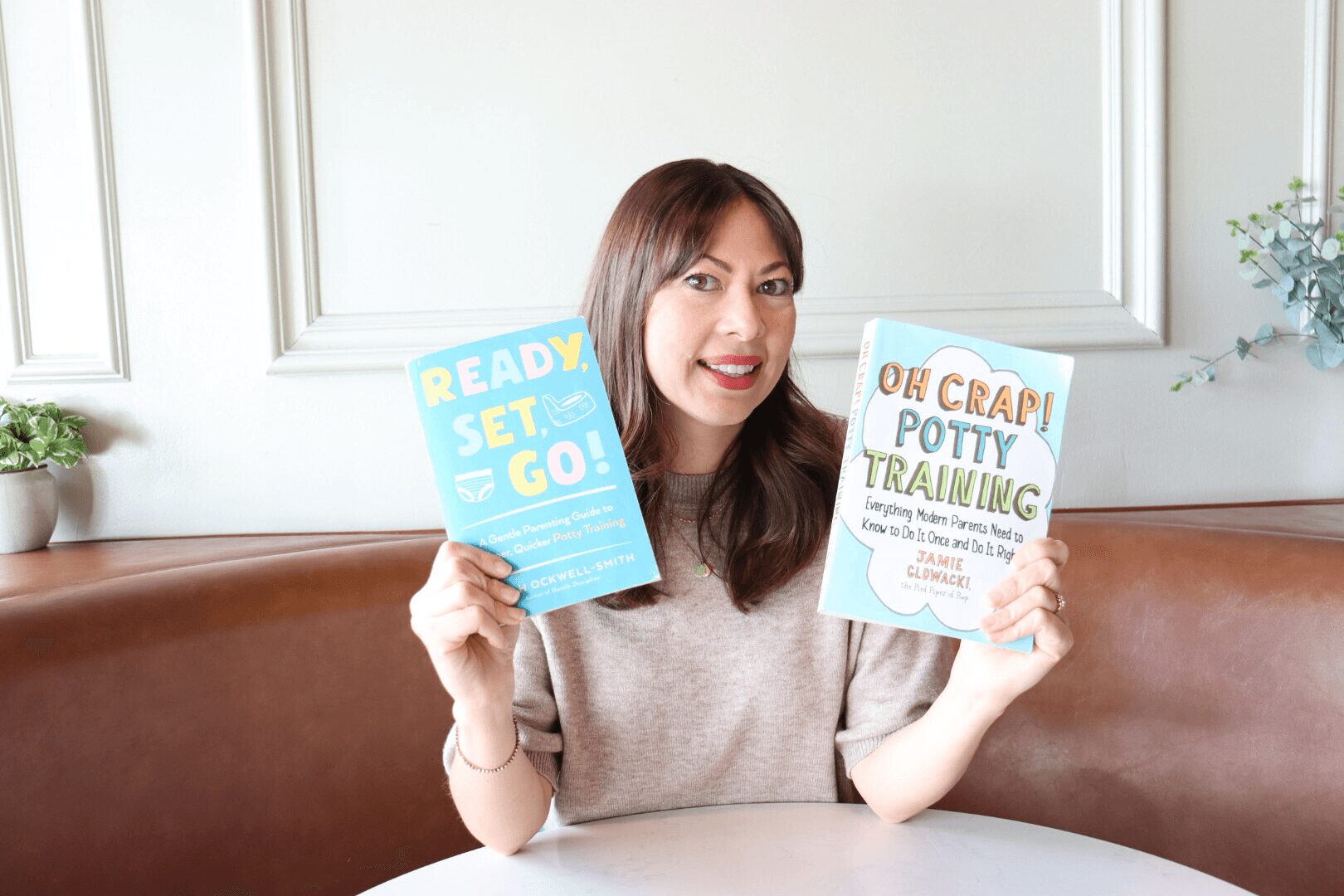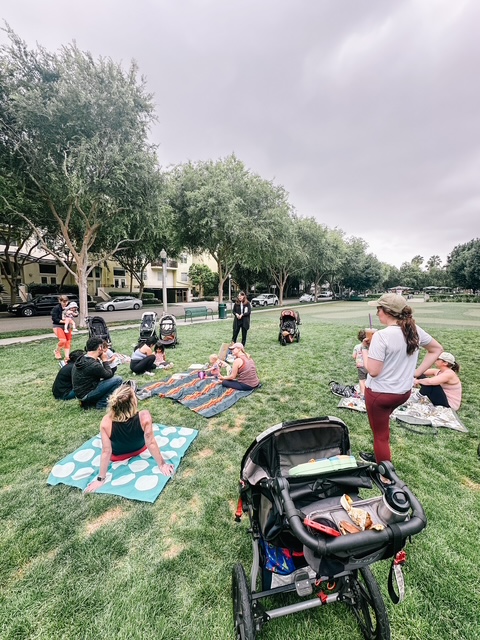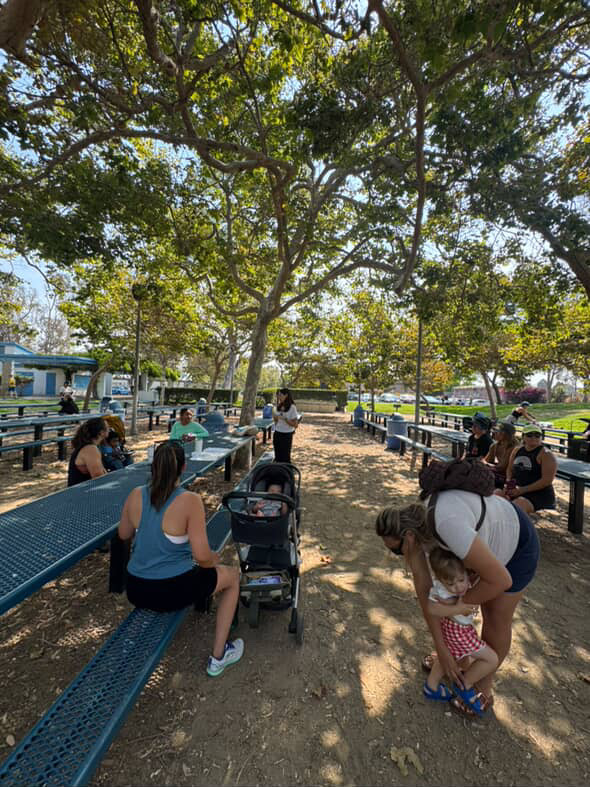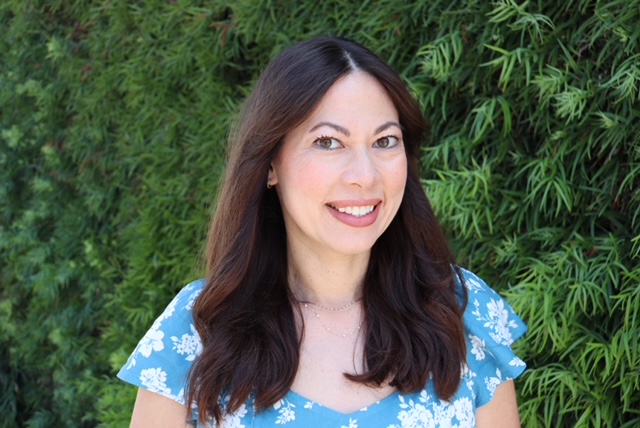

Tiffany Spadola shared their story and experiences with us recently and you can find our conversation below.
Tiffany, so good to connect and we’re excited to share your story and insights with our audience. There’s a ton to learn from your story, but let’s start with a warm up before we get into the heart of the interview. What is a normal day like for you right now?
These days, I work as a parent coach during my daughter’s school hours, which gives me the flexibility to be present for her after school. She’s five and currently involved in soccer, theater at Haven Arts, and gymnastics—so our afternoons are pretty busy. I’m also volunteering as her homeroom mom and assistant soccer coach, which has made this fall busy, yet rewarding.
Once she’s in bed, that’s when I shift gears into my writing and research mode. I usually unwind with a show while I work—right now we’re watching Physical: 100 Asia, which is great, though reading subtitles while typing can be a bit of a challenge!
During slower work weeks, I try to carve out time for myself too. I love squeezing in a quick mile run around the park, meeting with local schools and businesses to discuss potential collaborations for potty training and parenting talks, and grabbing lunch with my colleagues at Acorn Family Guidance Center.
And when I’m cleaning or organizing around the house, I always have a podcast on. Lately, I’ve been listening to Bendy Bodies with Dr. Linda Bluestein—it dives into hypermobility, which I have, and how it affects everything from breathing to exercise.
Can you briefly introduce yourself and share what makes you or your brand unique?
My name is Tiffany Spadola and I am a parent coach, certified potty training consultant, and the owner of Southbay Parent Coaching. I offer virtual parent coaching and potty training consultant both locally and globally. My focus is supporting neurodivergent, highly sensitive, and strong-willed kids and their parents.
In addition- I have a lived experience with many of the challenges these parents experience- both personally and as a parent. I understand what it’s like to be noise-sensitive, have a hard time with change, and struggle with busy environments and overstimulation. My goal is always to help parents feel seen, supported, and equipped with practical tools that fit their child’s unique needs.
Amazing, so let’s take a moment to go back in time. Who taught you the most about work?
My grandfather Louie taught me everything I know about hard work. He came to this country with only a grade school education and built his own business from the ground up—living the American dream. From him, I learned the importance of perseverance, the power of connection, and how much can be achieved when you lead with determination. He showed me that anything is possible when you put your mind into it.
Is there something you miss that no one else knows about?
The one thing I miss most is playing team sports—specifically soccer. I started playing when I was five and kept at it all the way through high school, and then coed leagues in my twenties and thirties. I miss the rush of a good run, the excitement of setting up or scoring a goal, and all the playful banter with teammates. There’s just something so exciting about being part of a team. As I’ve gotten older, the injuries have taken longer to bounce back from, so I’ve been a bit hesitant to jump back in. But who knows—you might see me out there again one day! Hopefully not being wheeled off the field though. Ha!
I think our readers would appreciate hearing more about your values and what you think matters in life and career, etc. So our next question is along those lines. What do you believe is true but cannot prove?
I believe post-viral inflammation may play a bigger role in behavior changes than many people realize. I often hear from parents one to two weeks after their child has had a virus, noticing an increase in challenging behaviors. Of course, part of that can be due to things like congestion, poor sleep, and general recovery—but I suspect inflammation itself has a bigger impact than we tend to believe.
A good example of this is PANS and PANDAS, where lingering post-viral or post-infectious inflammation in the brain can lead to big shifts in a child’s behavior. While not every case is that severe, it’s a reminder that our brains and bodies are connected with regards to inflammation and healing.
Okay, we’ve made it essentially to the end. One last question before you go. What is the story you hope people tell about you when you’re gone?
I hope I’ve made a positive impact in my clients’ lives and that people would remember me as a good person. In my sessions, I always strive to listen with empathy, really understand each family’s unique situation, and offer strategies that truly work for them. My greatest hope is that, through our work together, parents not only gain practical tools but also come away with a deeper understanding of themselves and their children.
Contact Info:
- Website: https://www.southbayparentcoaching.com/
- Instagram: https://www.instagram.com/southbayparentcoaching/
- Facebook: https://www.facebook.com/southbayparentcoaching/
